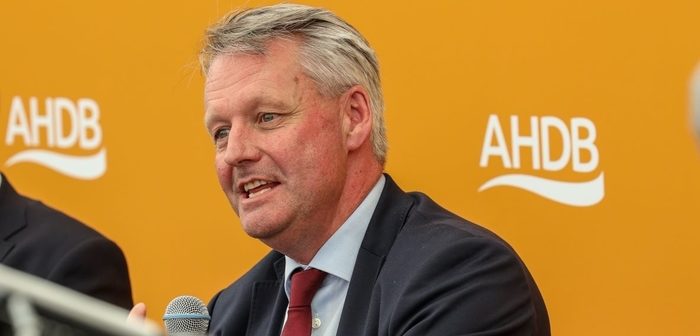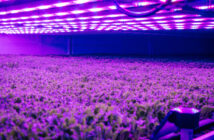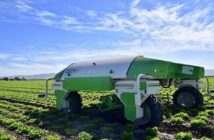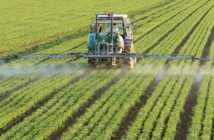Responding to Defra’s announcement of further changes to its Environment Land Management scheme (ELMS), NFU Vice President David Exwood said: “I regret that farmers and growers are making crucial long-term decisions that are essential to running viable and profitable food producing businesses without the vital clarity needed on ELM schemes and options that will be available.
“While some of these latest changes are welcome, including enhanced payments for farmers and landowners through the Countryside Stewardship scheme and the introduction of a Sustainable Farming Incentive (SFI) management payment, it risks being too little too late, especially given the current economic challenges we are experiencing and the rapid erosion of direct payments.
“It is hugely frustrating that nearly five years on from Defra’s Health and Harmony consultation, which set farming in England on a path towards public goods for public payments, we still only have three standards available for the SFI. It’s a sad reflection of the scheme’s progress and development that NFU members know more about what they will lose in direct payments than what they will gain from taking part in these new schemes.
ELM needs to be simple
“The NFU has always been very clear; for the ELM to succeed it needs to be simple, provide certainty and fairly reward farmers for taking part. This means schemes that are inclusive and available to every farm business – whether upland or lowland, tenant or owner-occupied – with a range of practical and profitable options available through a ‘foundation’ SFI standard to ensure the high uptake needed so these schemes have the desired impact. Ministers must also demonstrate transparently how direct payments have been redirected to the ELM programme.
“British farmers are committed to delivering net zero agriculture by 2040, and the NFU remains committed to working with Defra to improve its ELM offer so the schemes can deliver the statutory environmental targets government ministers agreed last month. It is in everyone’s interest we ensure sustainable, climate-friendly British farming in the future, with farmers doing what they do best; producing food alongside protecting and maintaining our environment.”




